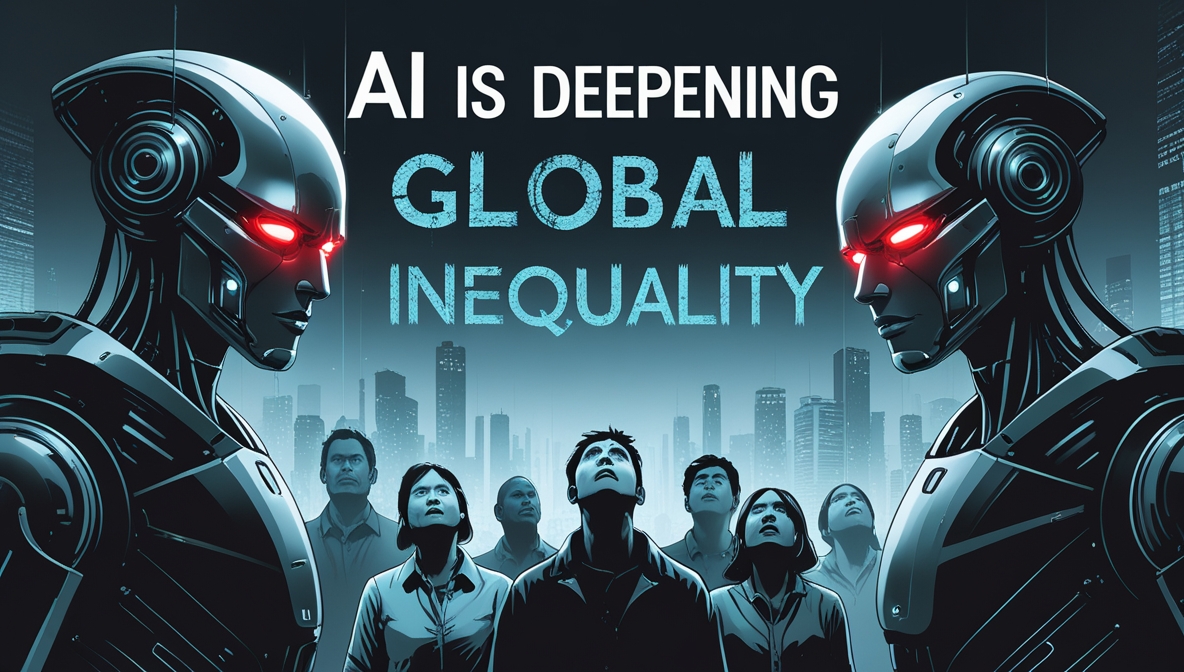Recent analysis exposes a stark reality: AI is creating a new digital divide, concentrating computational power in a handful of wealthy nations while marginalizing the rest. Only about 32 countries—primarily in North America, Europe, and China—own the data centers required to build or run advanced generative AI systems, leaving others reliant on renting remote resources and facing performance bottlenecks.
This imbalance reinforces dependency and undermines sovereignty. Tech leaders in countries like Kenya report that their AI innovators must work during U.S. off-peak hours just to access reasonable compute speeds. Without local infrastructure, governments and startups are often forced into unequal deals with foreign providers, losing control over their own data and digital futures.
The consequences extend beyond technology—AI’s rising dominance fuels inequality across jobs, investment, and global value chains. Automation tends to favor skilled labor in advanced economies, while developing nations see fewer job opportunities and receive disproportionately low returns on AI-driven gains. Experts warn that without fairer policies, AI may entrench existing economic hierarchies rather than dismantle them.

